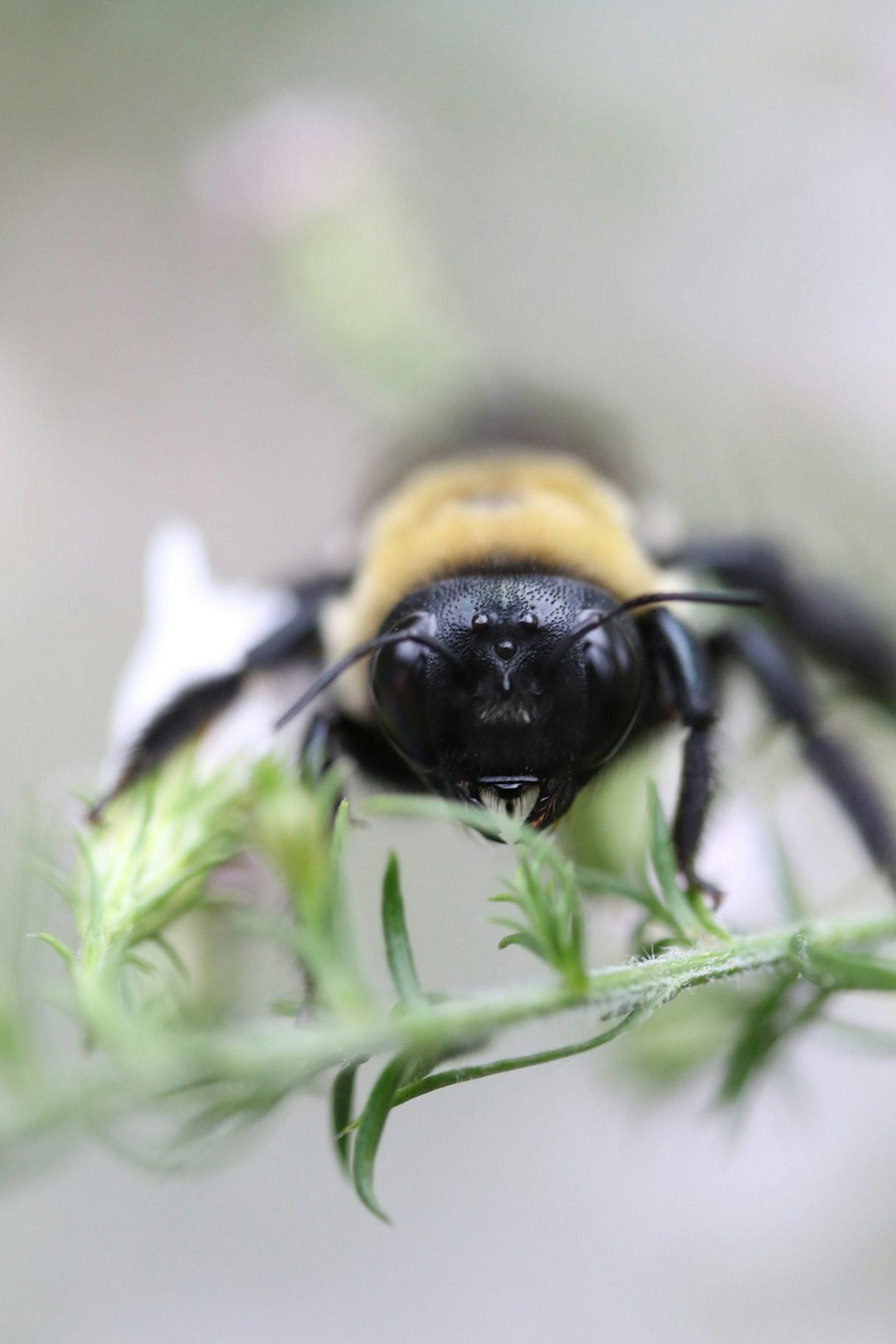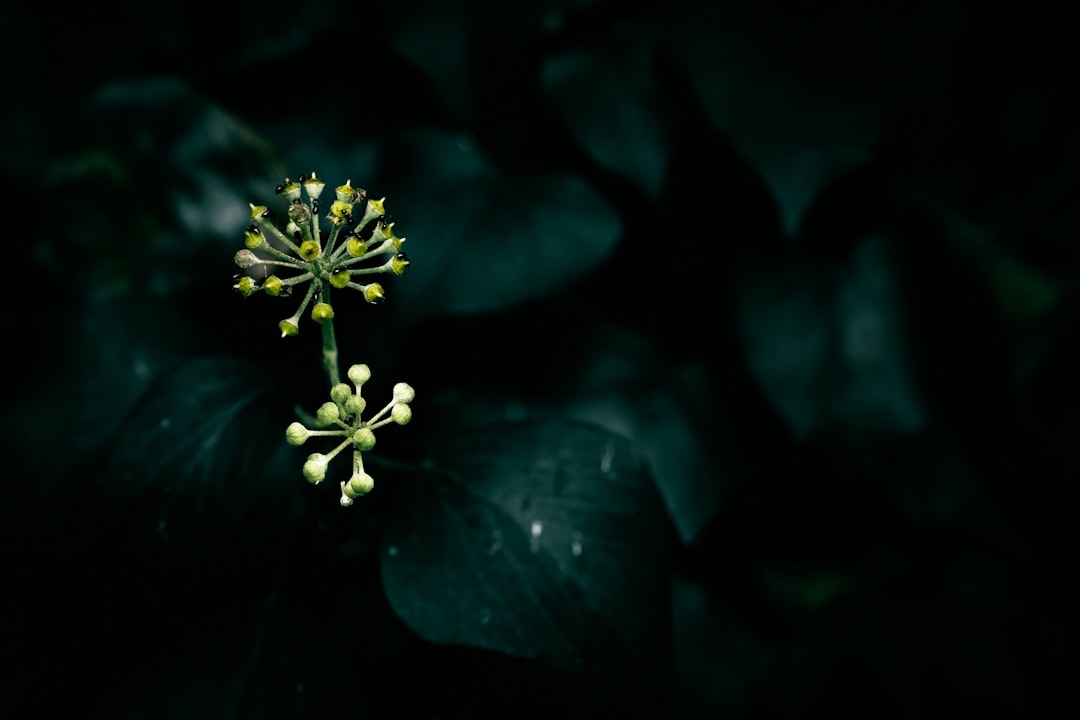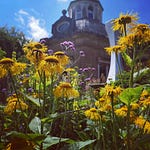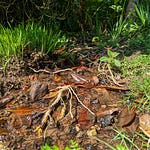We continue our series of tips and techniques taken from LettsSafari’s rewilding safari parks to help your backyard, work or community spaces become more wild and bursting with liberated nature. This week we feature the ivy plant. Ivy, particularly species like English Ivy (Hedera helix), offers several ecological benefits, despite sometimes being considered invasive in certain regions. The great thing about ivy is it is hardy, fast growing and a vital nectar source in the winter. Just take a look at the video above taken in December. And make sure to crank up the volume!
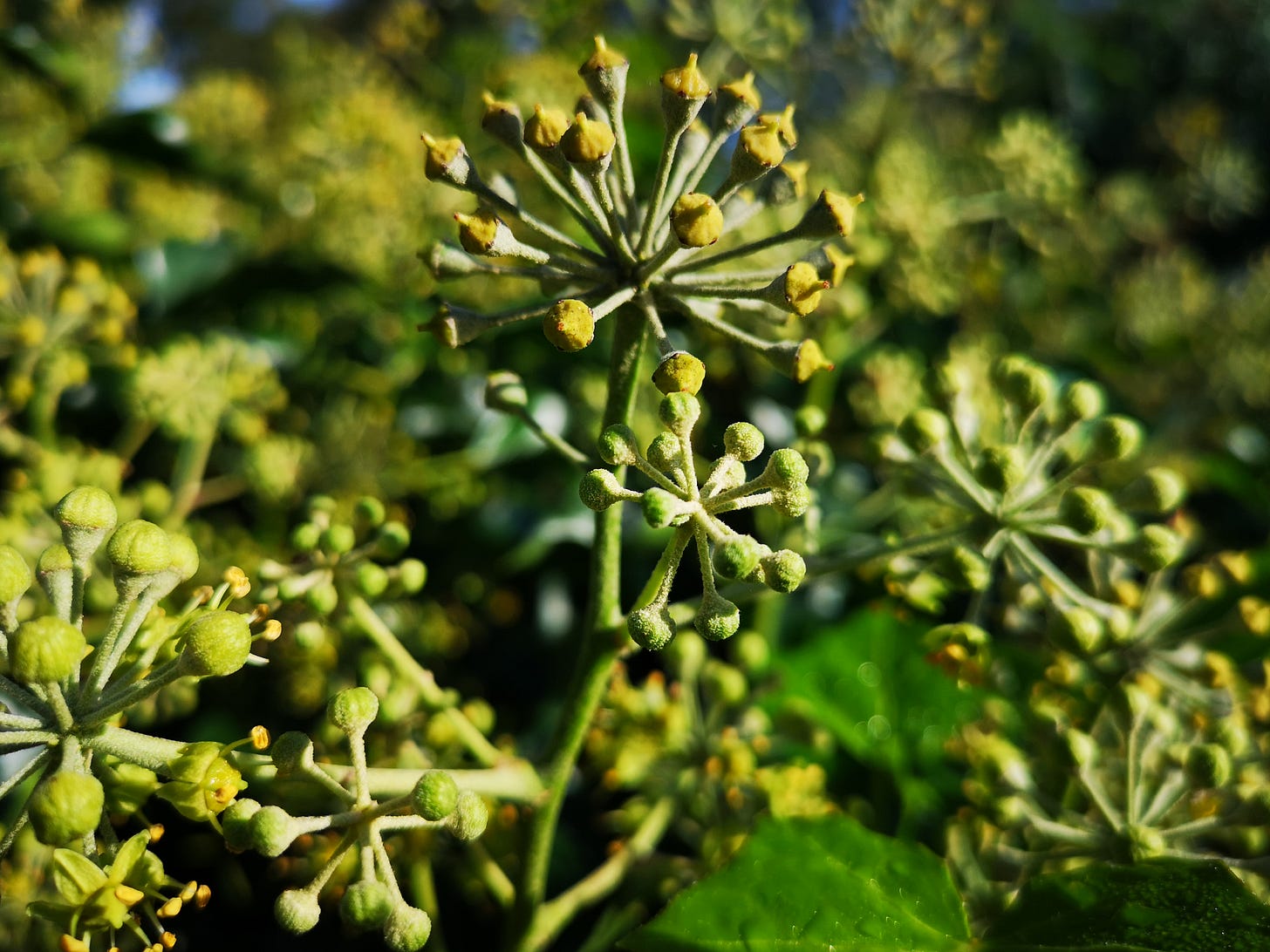
Habitat for Wildlife: Ivy provides a dense, sheltered habitat for a variety of wildlife. Birds often use ivy for nesting, and its evergreen nature offers year-round shelter. It can also be a habitat for invertebrates and small mammals. Ivy can crawl, climb, grow into shrubs and become stunning shaped ivy balls - in sun, shade or partial shade. It is probably one of the hardiest and most adaptive plants around.
Food Source: Ivy flowers late in the year (typically in late Autumn and early winter) and produces berries in the late winter, which are a crucial food source for birds and some insects during times when other food sources are scarce. Two 4ft high ivy balls in Exeter’s Capability Brown gardens support hundreds of bees and other insects during the winter. As you walk past them you hear a loud and constant buzzing sound.
Pollinator Support: The late flowers of ivy are an important nectar source for bees and other pollinators, especially as it blooms at a time of year when few other plants are in flower. If you want a veritable magnet for bees, butterflies, moths and other insects coming to your gardens and terraces during the Autumn and winter - you know what to do!
Soil Stability and Erosion Control: Ivy can help stabilise soil on slopes and banks, which reduces erosion. Its roots bind the soil, while its dense foliage shields the soil from the direct impact of rainfall. With all this rain - ivy can help stop it from sliding away.
Air Quality Improvement: Like other plants, ivy absorbs carbon dioxide and releases oxygen. It also can absorb pollutants like particulate matter from the air, thus contributing to improved air quality. Combined with trees, scrub and shrubs, ivy can make your green space healthier and happier for all its inhabitants - you included!
Aesthetic Value: Ivy is often appreciated for its aesthetic value in gardens and parks. Its ability to cover walls and fences quickly can be desirable for creating green spaces in urban areas. Ivy does not have to be the sole preserve of LettsSafari parks buzzing at the base of ancient trees - it could be the ideal creeper for the inside of your front garden’s picket fence. Bringing back the green front garden!
Like most hardy climbing plants ivy can also pose challenges. In some ecosystems, especially where it's non-native, it can become invasive and out-compete native flora, potentially harming local biodiversity. It can also cause damage to trees if left completely unchecked by adding weight and reducing light availability, and when growing on buildings, it may contribute to structural issues if not properly managed. As with any climbing plant (or child for that matter!) make sure that it climbs where you want it to and keep it firmly in check! But, if you manage ivy correctly, the birds and bees will love you for it.
Get more LettsSafari updates and wildlife photos from our twitter. And read all the latest posts at the LettsSafari + website.




